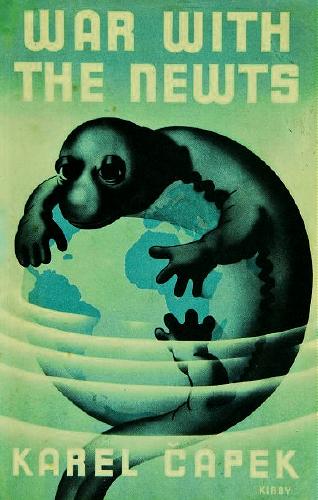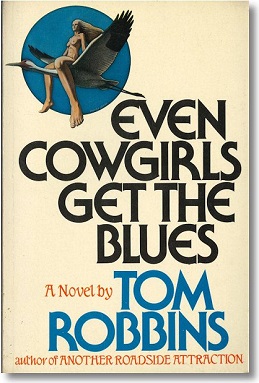Amoebae leave no fossils. They haven’t any bones. (No teeth, no belt buckles, no wedding rings.) It is impossible, therefore, to determine how long amoebae have been on Earth.
Quite possibly they have been here since the curtain opened. Amoebae may even have dominated the stage, early in the first act. On the other hand, they may have come into existence only three years—or three days or three minutes—before they were discovered by Anton van Leeuwenhoek in 1674. It can’t be proven either way.
One thing is certain, however: because amoebae reproduce by division, endlessly, passing everything on yet giving up nothing, the first amoebae that ever lived is still alive. Whether four billion years old or merely three hundred, he/she is with us today.
Where?
Well, the first amoeba may be floating on his/her back in a luxurious pool in Hollywood, California. The first amoeba may be hiding among the cattail roots and peepers in the muddy shallows of Siwash Lake. The first amoeba may recently have dripped down your leg. It is pointless to speculate.
The first amoeba, like the last and the one after that, ishere, there and everywhere, for its vehicle, its medium, its essence is water.
Water—the ace of elements. Water dives from the clouds without parachute, wings or safety net. Water runs over the steepest precipice and blinks not a lash. Water is buried and rises again; water walks on fire and fire gets the blisters. Stylishly composed in any situation—solid, gas or liquid—speaking in penetrating dialects understood by all things—animal, vegetable or mineral—water travels intrepidly through four dimensions, sustaining (Kick a lettuce in the field and it will yell “Water!”), destroying (The Dutch boy’s finger remembered the view from Ararat) and creating (It has even been said that human beings were invented by water as a device for transporting itself from one place to another, but that’s another story). Always in motion, ever-flowing (whether at steam rate or glacier speed), rhythmic, dynamic, ubiquitous, changing and working its changes, a mathematics turned wrong side out, a philosophy in reverse, the ongoing odyssey of water is virtually irresistible. And wherever water goes, amoebae go along for the ride.
Sissy Hankshaw once taught a parakeet to hitchhike. There is not much in that line she could teach an amoeba.








